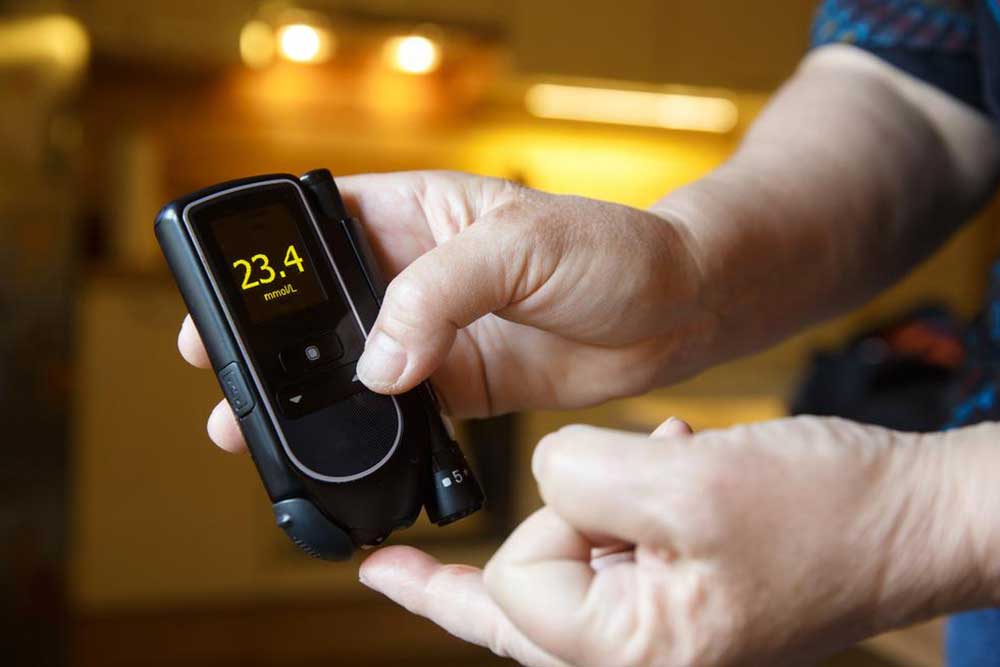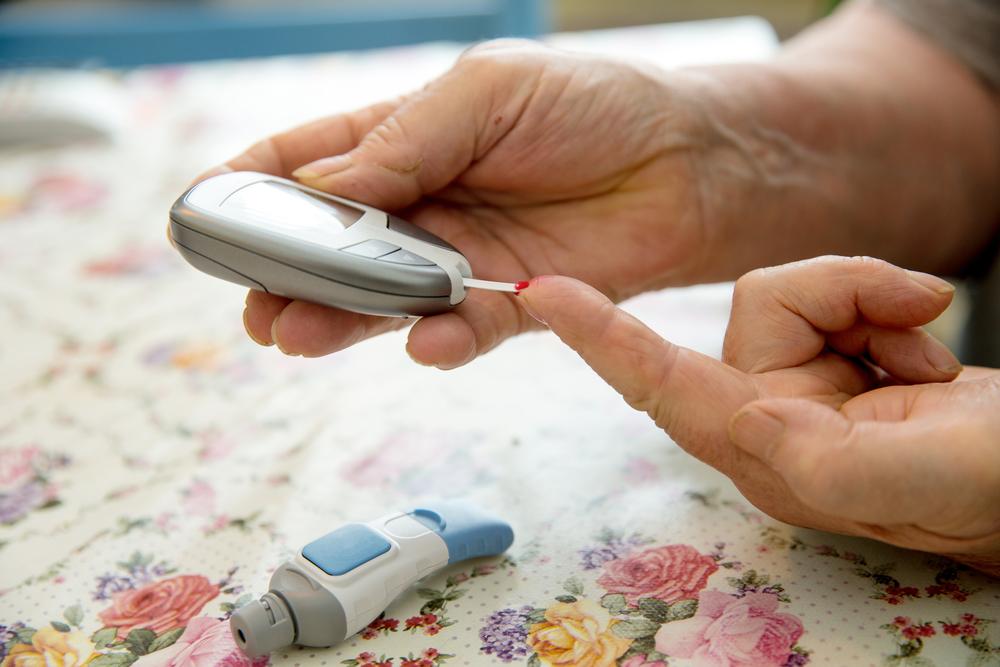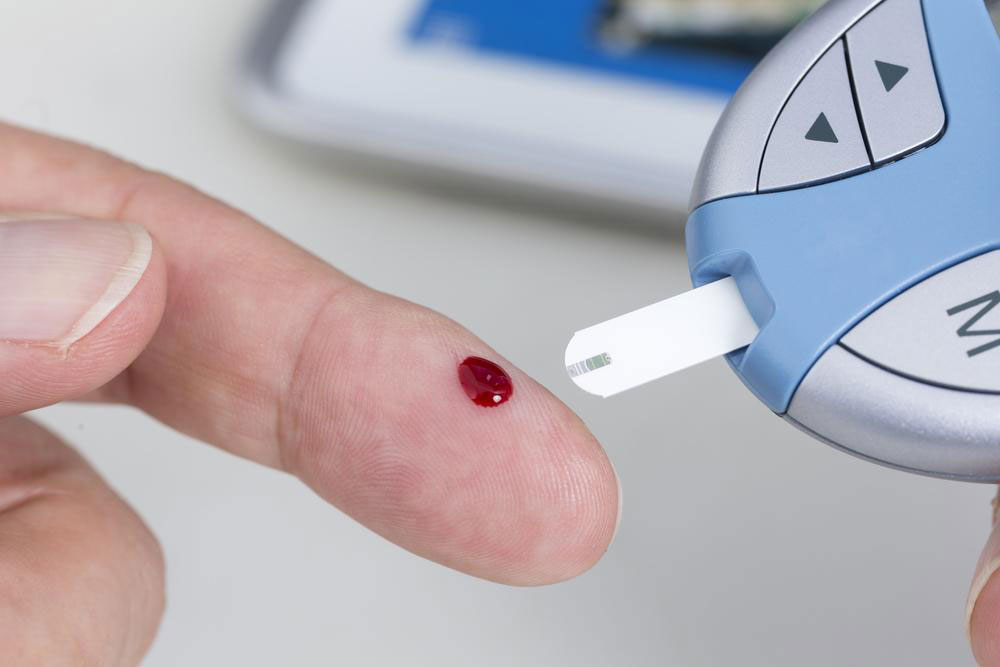Recognizing Early Symptoms of Diabetes and Prevention Tips
Early detection of diabetes is vital for effective management and preventing complications. This article outlines key early signs such as increased hunger, thirst, fatigue, and vision issues. It emphasizes the importance of lifestyle changes, balanced diet, and regular exercise in controlling the disease. Recognizing symptoms early allows for prompt medical intervention, which can significantly improve quality of life. Stay vigilant about these signs and consult your healthcare provider to maintain healthy blood sugar levels and avoid reliance on medications. Prevention is always better than cure.

Many individuals enjoy desserts and sweet treats after meals, often as a regular part of their diet. However, consuming excess sugar and carbohydrates can lead to serious health issues. With nearly 10% of the population affected by diabetes, early detection becomes crucial. Diabetes ranks as the seventh leading cause of death, making awareness of its early warning signs vital for effective management. Recognizing symptoms early allows for interventions that can prevent complications and improve quality of life.
Key Early Symptoms of Diabetes
Sometimes, diabetes develops without obvious indicators. Nearly one-third of type 2 diabetes cases show no initial warning signs. Despite this, consulting a healthcare professional for risk assessment and testing is recommended. Common early signs include:
Persistent hunger even after eating
Increased thirst regardless of water intake
Dry mouth sensation
Frequent urinary infections or urination
Unexplained weight loss despite normal eating
Severe fatigue and weakness
Blurred vision
Recurring headaches
If you notice any of these symptoms, seek medical advice promptly for testing and diagnosis.
Managing diabetes effectively involves a balanced diet, regular exercise, and medication as prescribed. Reducing sugar intake and avoiding processed foods like white bread, fried snacks, and sugary drinks is essential. Incorporate whole grains such as millet and quinoa, and increase vegetable consumption to support healthy blood sugar levels. Early detection and lifestyle changes can help you avoid reliance on medications and lead a healthier life. Your proactive approach towards health makes a significant difference—act now to prevent serious complications.
Disclaimer:
The information shared on this platform covers various health topics for educational purposes. It is based on research and expert opinions, but should not replace professional medical advice. Always consult healthcare providers for personalized diagnosis and treatment. We do not assume responsibility for inaccuracies or discrepancies in data across different sources. Additionally, some offers or schemes may not be reflected here. Stay informed and consult professionals for optimal health outcomes.










